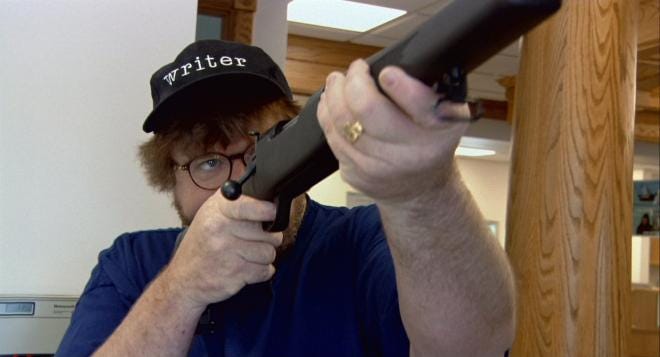
When I am handed a form to fill out and it asks me to state my “occupation,” I never know how to answer this. I guess I do a bunch of things: I’m a filmmaker, I’ve been on Broadway, I was a projectionist, a night janitor, I've built sets, I work to abolish the plutocracy, I can sing but I can’t dance, I can change the oil in your car, and if you ever need me to perform at a family function, I can recite from memory all 46 Presidents of the United States and perform a scene from each Best Picture Oscar-winner since 1977.
And I can write. I am the only one out of the 7.9 billion on this planet with my handwriting (only my DNA and fingerprints hold such status, which makes whatever I write singularly unique. Not necessarily good — just unique). I prefer to write my first draft in longhand on a yellow legal pad, mostly because yellow cheers me up and usually what I’m about to write is not-so-very-cheery. I do try to look for the silver lining in life, like I did one day last week when I was relieved to learn that the percentage of white people in the US had gone down for the first time since 1790, and that Britney Spears was finally freed from her father.
I started my first newspaper in fourth grade. I called it The St. John Eagle. It was not officially sanctioned by the Catholic school principal, but she let me use the hand-cranked mimeograph machine to print a hundred copies. When I wrote a piece criticizing the 8th grade football team, Mother Superior shut it down.
The next year, in 5th grade, I started a neighborhood newspaper called The Hill St. News. My father - who was born 100 years ago tomorrow - took my writing to the foreman’s office in the GM factory where he worked on the assembly line and asked if he could type it up and make 20 copies. When he brought the copies home I was so excited that my sisters and I immediately flew out the door to distribute them around our neighborhood, a couple of dead end dirt streets lined by chestnut and crabapple trees, species I haven’t seen now in years.
An hour later, my mother got an angry call from a neighbor demanding to know who gave me permission to list their house “for sale” in my Classifieds section. I mean, I thought they were selling their house! I wrote a really nice description and tacked on a price tag of $1,299 dollars. What did I know about real estate at 10 years old? I promised my parents that I would shut down my paper.
I resurrected my St. John Eagle newspaper in 6th and 8th grades, and both times they were first censored and then shuttered by the authorities. In 8th grade, I also wrote the Christmas play, and this time the parish priest had to step in to pull the plug and restore order.
In 9th grade, I was kicked out of the Catholic seminary because, as the head priest explained to me, “you ask too many questions — and we, The Catholic Church, are an institution of answers, not questions.”
At the age of 22, I created a bi-weekly newspaper, The Flint Voice. I was now an adult, I was my own boss, so no one could fire me or censor me. But I forgot about the police. The corrupt chief of police had been elected mayor of Flint, and once in office, he forced city employees to campaign for him and donate to his reelection campaign. I obtained evidence against him and prepared to publish it. He found out about it and sent the Flint police to the local newspaper where I rented their printing press to print my bi-weekly paper. The Flint police stormed in and raided the place, literally stopping the presses, and removed my printing plates from the press. They seized all 10,000 copies of the freshly printed Flint Voice. I called the ACLU, they filed for an injunction in court and we ended up in the New York Times and the CBS Evening News.
We won, the 10,000 copies of our paper were given back to us, we put them on our newsstands, and thanks to the ruckus, within a year, Congress passed the Newspaper Shield Act to make it illegal for police anywhere to raid newsrooms. Just before President Jimmy Carter left office, he signed it into law. After years of being banned, bullied, suppressed and shut down, my writing was now protected.
Or so I thought. Truth is, the harassment and threats have never stopped. In 2001, my book, “Stupid White Men” was pulled by the publisher just hours after the planes crashed into the towers on 9/11. HarperCollins (owned by Rupert Murdoch) told me they were going to shred and pulp the 50,000 copies they had printed and now pulled. They told me they could no longer release a book in post-9/11 America that was so harsh about George W. Bush. I was given the option of rewriting it and “toning it down” — or they were not going to return the 50,000 copies to the bookstores nationwide. They would “pulp” them and recycle them into other books.
In 2004, one year into the Iraq War, Michael Eisner, then CEO of Disney, announced after seeing the final cut of my film, “Fahrenheit 9/11”, that he would not allow it to be distributed to any theaters across North America. He privately told a Hollywood agent that he could not release my film because Disney was asking Florida Governor Jeb Bush for a huge tax break for Disney World — and this movie, a broadside attack on Jeb’s brother, George W., would kill the deal. So he decided to kill my movie instead.
Of course, many of you know the ultimate fates of that book and that film. After a brutal fight with these two media empires — and a huge outcry from the public (and a brave librarian who organized a protest by librarians) — HarperCollins and Disney backed down and reluctantly released both. HarperCollins, mad at me, stated there would be no book tour, no promotion budget and no further copies would be printed. It was released on a Tuesday — and by Friday, “Stupid White Men” was already in its 9th printing. It spent well over a year on the New York Times best-seller list and sold 6 million copies worldwide.
“Fahrenheit 9/11” was returned to me. I asked Lionsgate and IFC to release it, and they did so happily. We won the top prize at the Cannes Film Festival, it was the #1 film on its opening weekend (breaking a previous record set by Return of the Jedi for a film opening in less than 900 theaters). It is still the highest-grossing documentary of all time.
All of this was helped because, by then, I’d already had decades of experience fighting those seeking to censor me. It was no longer a fair fight. There was no way they could win.
It especially helped that I had this email list -- my digital ammo to alert the public as to what was happening behind the scenes -- and a reliable way to circumvent the corporate, incestuous, pro-war media who would otherwise have sided with their own.
You’d think by now being a writer would have become less stressful, but to this day when I put my work out there I have to also prepare for the inevitable fight that awaits me. Whether it’s the US government threatening to prosecute me for “illegally traveling to Cuba” to film their free health care system in “Sicko,” or me releasing a film last year critical of our beloved environmental movement for selling out to Wall Street and corporate America and their fake Green attempts to fool us into thinking things were getting better. As we all know, Climate in 2021 is MUCH worse and we are now perhaps beyond the brink — so when the film outed fellow environmentalists and leaders for their mistakes and for colluding with the enemy, they retaliated by trying to ban the film (“Planet of the Humans”). Again - no success. With nearly 20 million views, it was perhaps the most-watched documentary feature film of 2020.
This year, I looked for new ways to bring my writing to you. The mainstream route continues to narrow its doors and tighten its leash at a time when the public demands MORE voices, not less. But it is not part of the capitalist business model to turn the reins over to the rabble from the working class or its progressive leaders.
They are right to worry about what would happen to the elites if we could actually have our writings read and our voices heard by the masses. There would be a minimum wage of $25 an hour. We’d have an Equal Rights for Women Amendment added to the Constitution (already passed by the required 38 states!). The rich would be forced to pay their taxes. We’d never invade another Iraq or Afghanistan again. Everyone would have free access to doctors, dentists and mental health professionals. For god’s sake, please don’t let us in!
My mother made a big mistake teaching me how to read at 4 years old. And through the years, I’ve seen how dangerous it is to be a reader, a writer, to look things up, to learn the awful truth at 11 that Columbus didn’t discover America, that America was founded in genocide and built on the backs of Black slaves. That for the first 150 years of our country, women could not vote, own property, have a bank account, or get a divorce without their husband’s permission. And yet, seemingly, no one thought of us as evil, primitive barbarians. We were not the Taliban of that time! We just lynched Black men — we didn’t behead them! Today, in the US, we’ve found that a knee to the neck works just as well.
Those in power have defunded and closed our libraries, attacked our teachers and their unions, eliminated civics classes, art, poetry and anything that encourages critical thinking. Even handwriting is no longer taught — one of those few things that make us each unique and gives each of us a voice. Soon enough, society’s owners started buying up local newspapers and shutting them down (in the last year alone, US newsrooms lost a record 16,160 jobs). Science was ridiculed. The point of all of this was to make us stupid and simple and confused — so much so that if we ever found ourselves in the middle of a deadly epidemic, we would actually believe that the cure was more deadly than the deadly plague itself. By forcing the majority to fight each other for the crumbs off the rich man’s table, this was the key to demoralizing us and crushing our spirits, to keeping us in our place with little or no political or economic power.
But we can all write! As long as there are No. 2 pencils and a thought in our heads, we can write it down. We can write our own 95 Grievances, our own Manifesto. I want to write with you and for you, all of us together, in ways that will affect change, that will encourage people to take to the streets, to get on next year’s ballots, to continue the fight in all sorts of effective and nonviolent ways.
This is the first of my Sunday Letters to you. The Mother Superior has agreed not to interfere.
Thanks for joining with me. Be well, be kind, and never trust spellcheck. Write on!

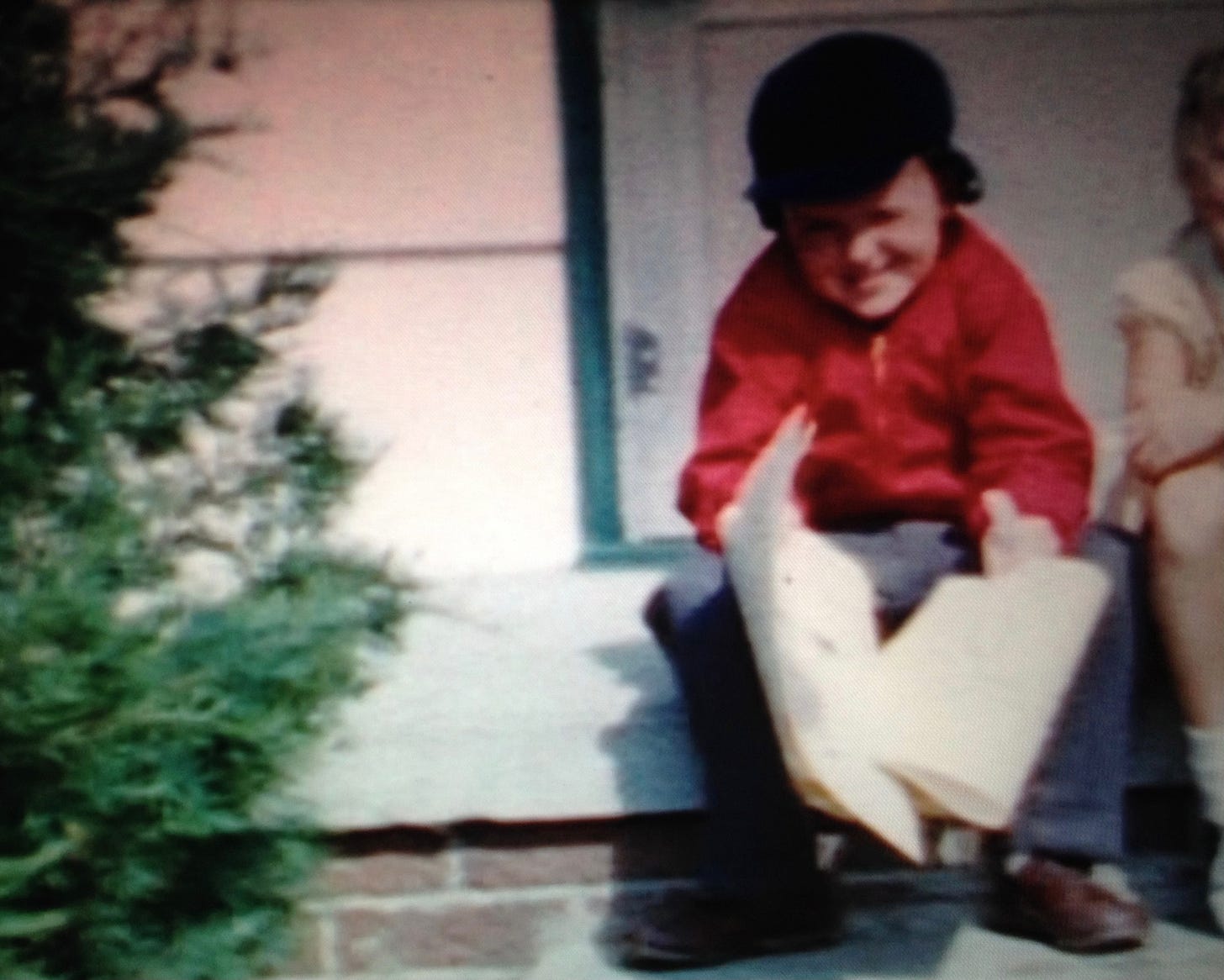
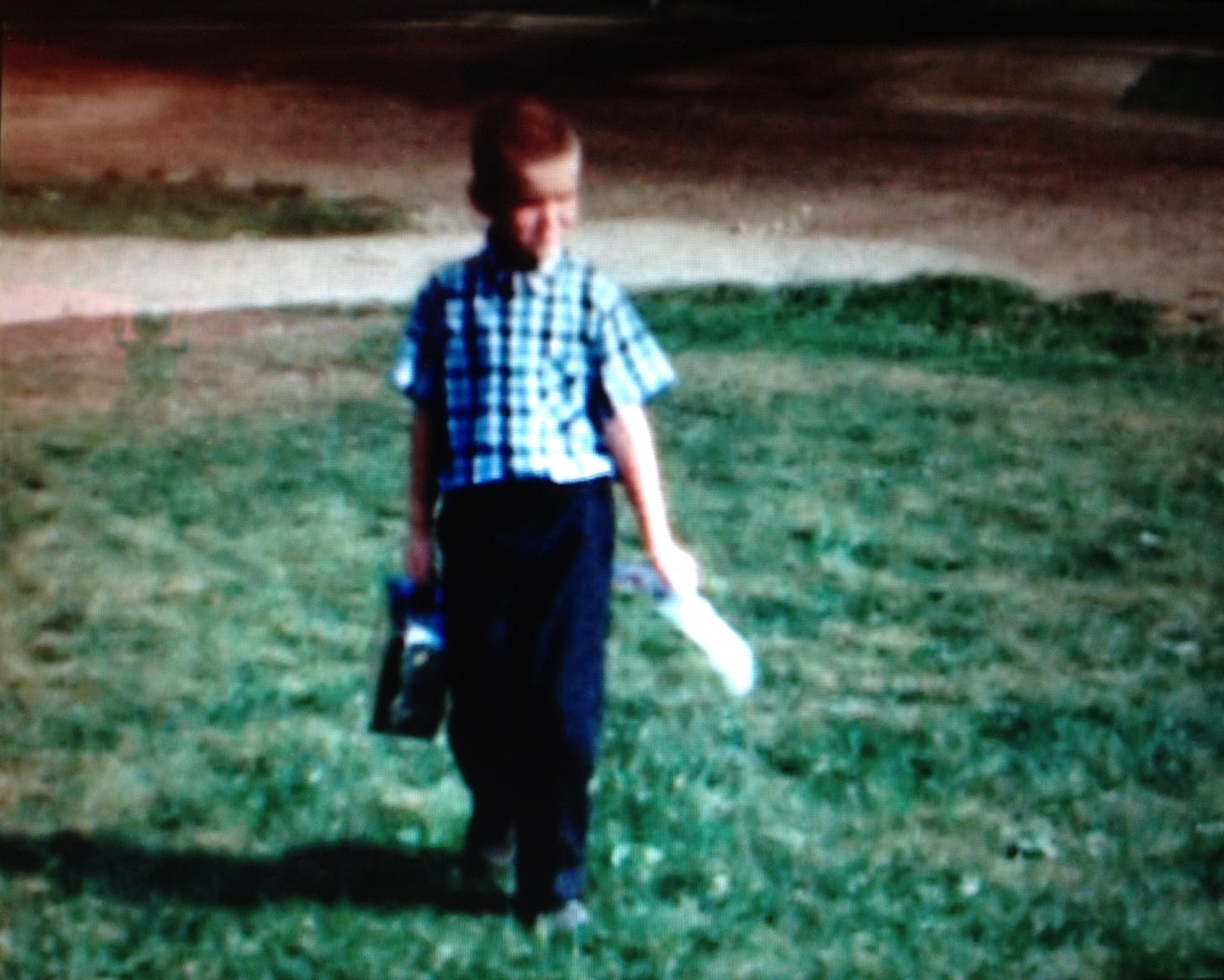
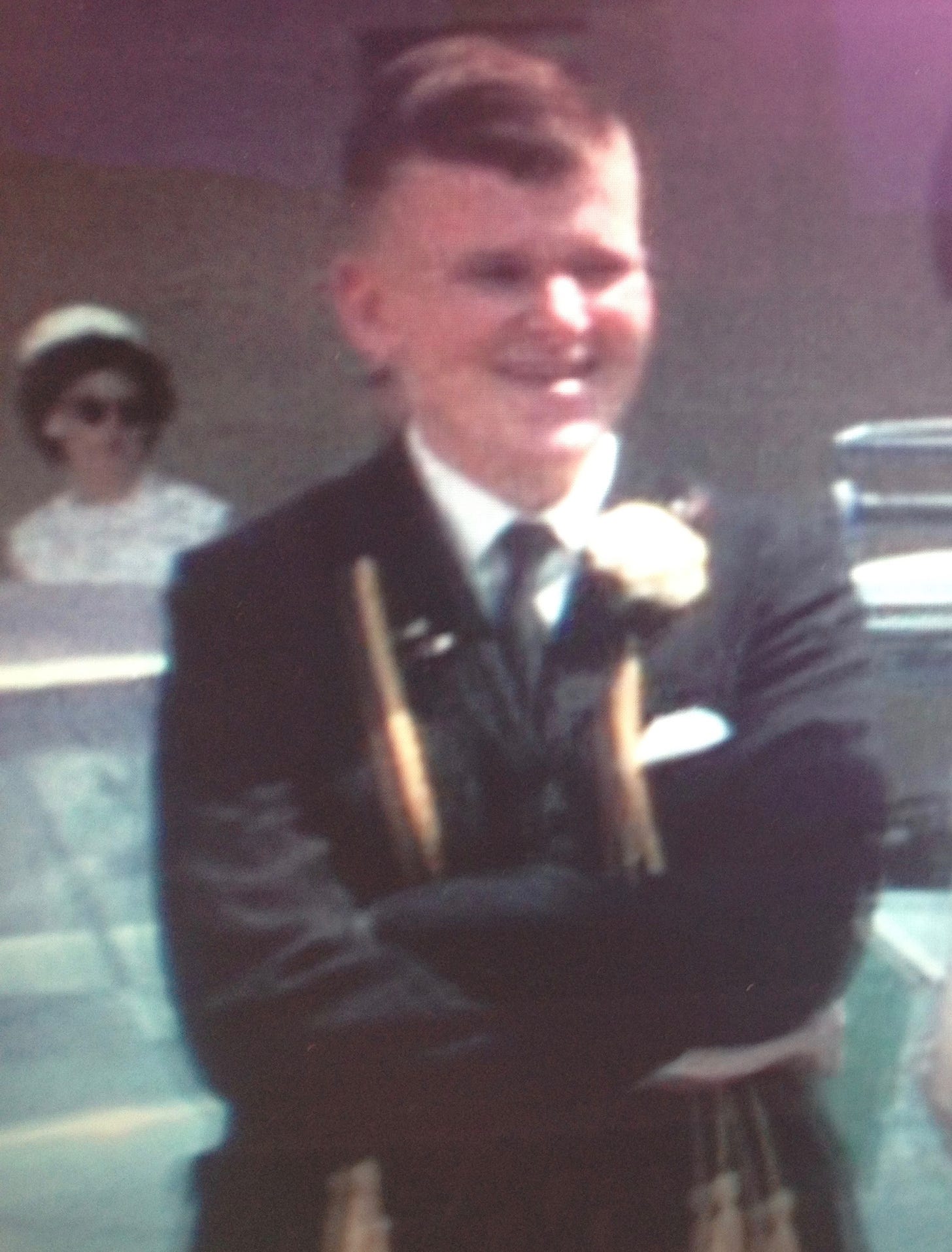
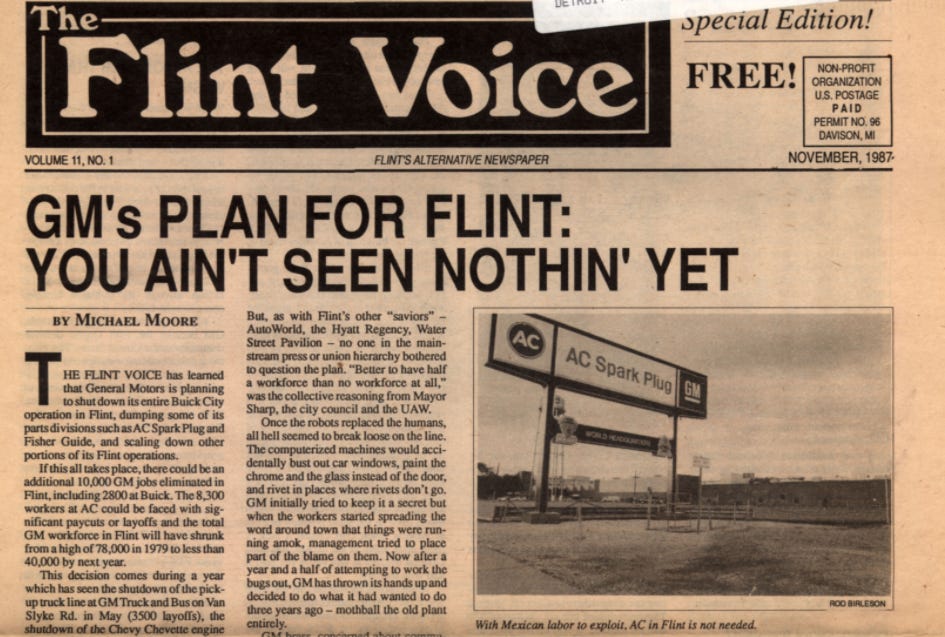
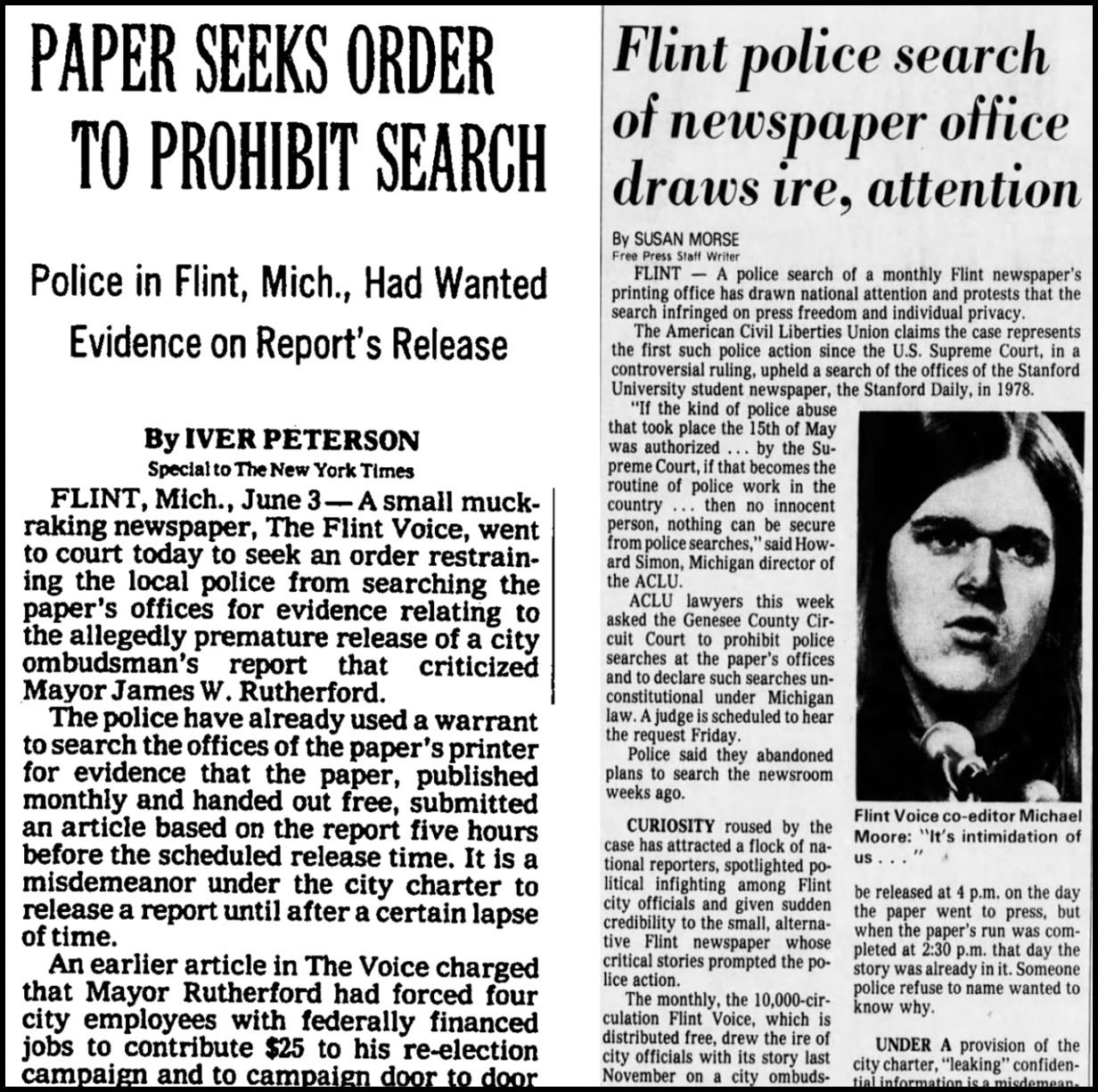
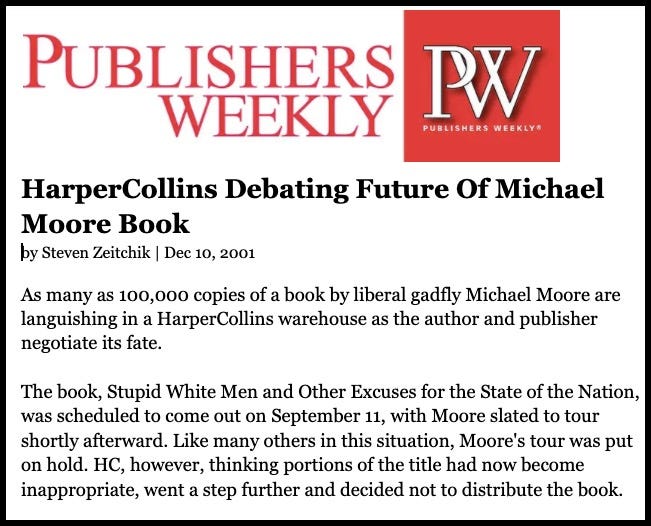
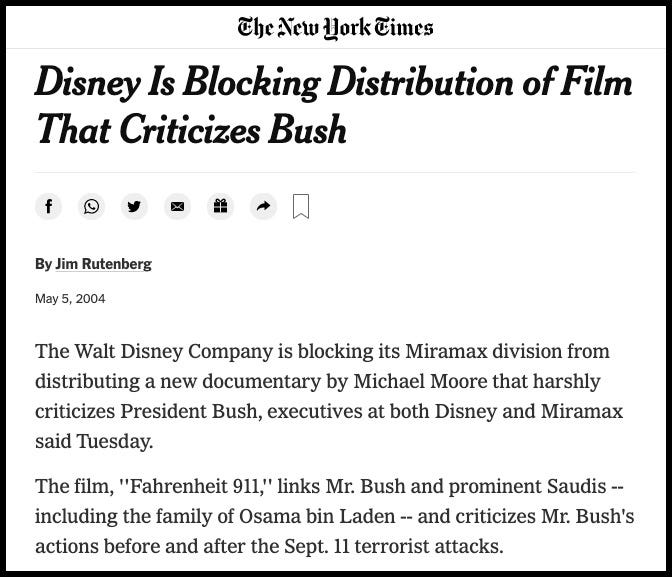
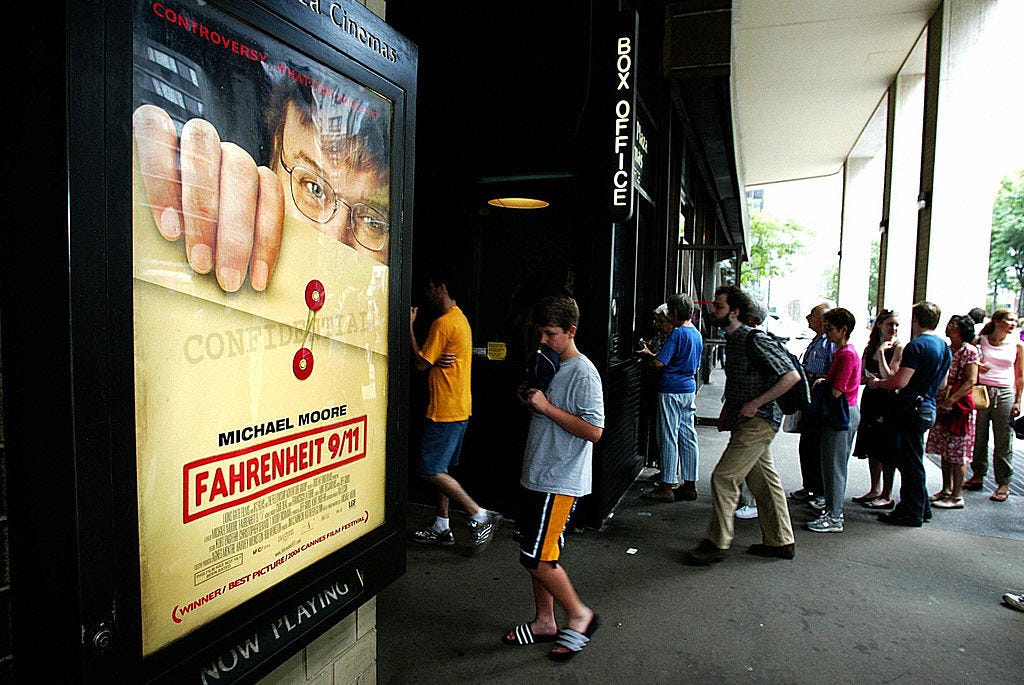
No comments:
Post a Comment